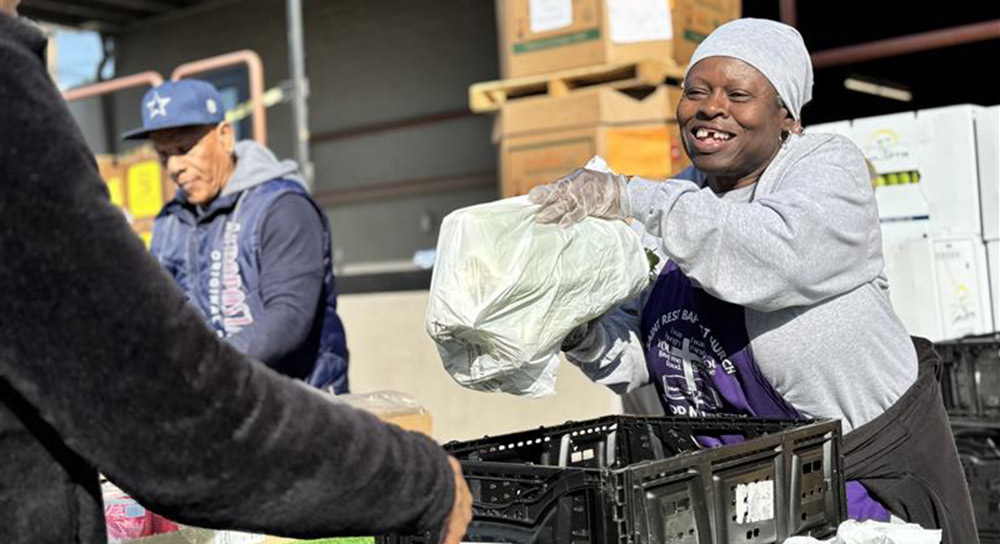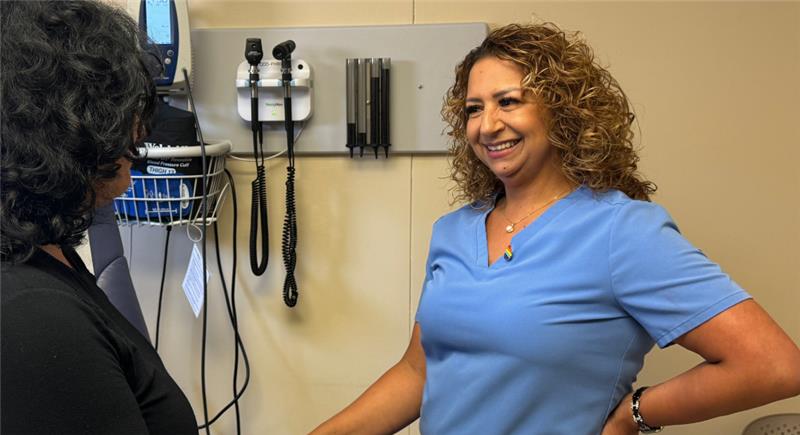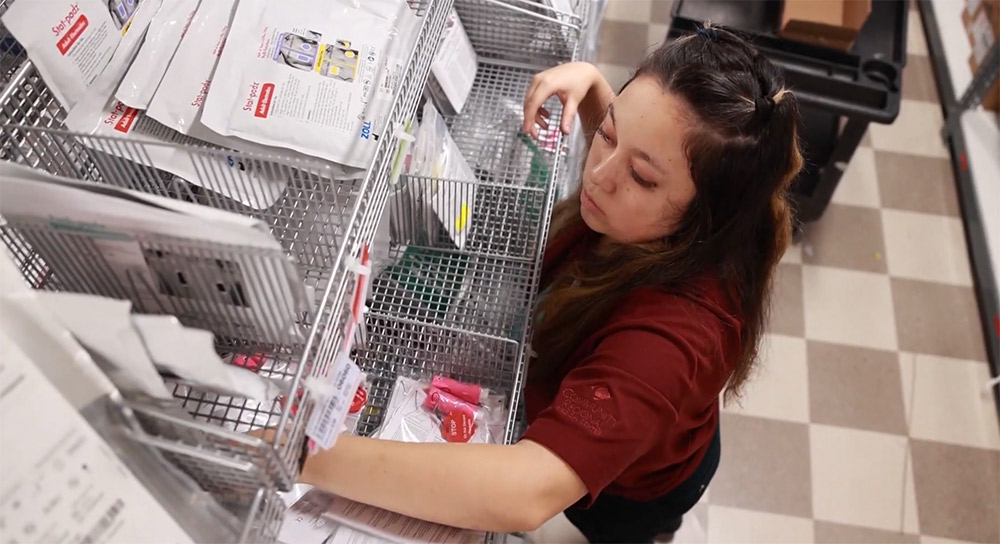An emergency C-section was not how first-time mom Cynthia Nguyen hoped to deliver her daughter, Ella. But when doctors found her baby wasn’t growing at the expected rate, Nguyen had to put aside her birth plan.
Thankfully, the surgery was a success and — though Ella had to spend time in the neonatal intensive care unit (NICU) — Nguyen was relieved and overjoyed to be able to bring home her healthy baby girl.
But, the new mother had to overcome challenges with feeding baby Ella.
Breast milk is important to babies’ development
Because of the emergency birth, Nguyen’s milk had not yet come in, leaving her unable to provide breast milk to Ella in the NICU.
“It’s really important babies get mom’s own milk as a first form of food,” said Kelley Holt, patient education specialist and lactation consultant with the Mother's Resource Center, located on the Community Regional Medical Center campus in downtown Fresno.
Following birth, breasts produce a substance to feed their newborns called colostrum, which is different from the breast milk that comes a few days later. Colostrum is essential in providing nutrients and antibodies that help babies grow and fight off illness and infection, including two times as much protein and four times as much zinc (which supports immunity) as breast milk.
The March of Dimes lists additional benefits of breast milk for babies including:
- Easier to digest than formula
- Fewer health problems such as ear, lung or urinary tract infections
- Less likely to develop health problems later in life such as obesity, asthma, certain cancers and diabetes
- Reduced risk of sudden infant death syndrome (SIDS)
There are benefits to the breastfeeding parent as well, including lowering the risk of diabetes and certain cancers, stopping bleeding after birth and helping the uterus go back to its pre-birth size, and burning calories.
Grant program sends families home with free breast pumps
Unfortunately, it can be difficult to get babies like Ella the breast milk they need while they’re in the NICU. The extraction of colostrum and milk relies on suction from the baby, something they may not be able to do while receiving care.
But thanks to a grant from the Fansler Foundation, Community can help new parents provide breast milk to their newborns using high-quality Medela “Symphony” breast pumps.
While in the hospital, Symphony electric pumps are loaned to new parents which mimic the sucking of an infant, pulling milk from the breast that can then be fed to the baby.
Once they leave the hospital, however, some families no longer have access to good-quality pumps — presenting them with the problem of how to provide breast milk to their child who’s still in the NICU.
The Symphony program provides those in need with a kit they can use — and keep — at home.
Program leads to an increase in breastfed babies
Since starting the breast pump program, Community’s NICUs have seen a decrease in the need for donor milk, and an increase in milk production for breastfeeding parents at the hospitals.
“It’s absolutely amazing what we’ve been able to do with this program,” said Holt.
The Symphony breast pump made all the difference to Nguyen and little Ella. “It was difficult to go through all that,” Nguyen said. “But with the pump program, it really helped because I was able to bond with her, because we didn’t get the ‘traditional’ birthing experience.
“She’s growing and flourishing and she’s so cute,” laughed the new mom. “There’s no complaints here.”






